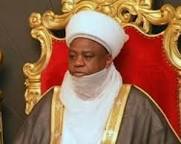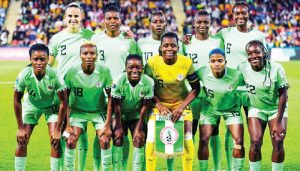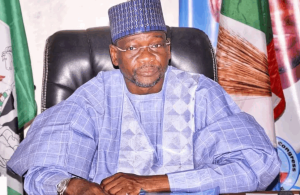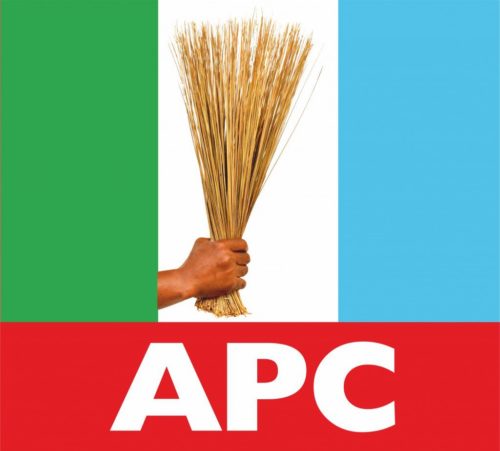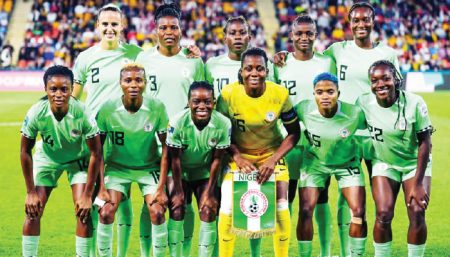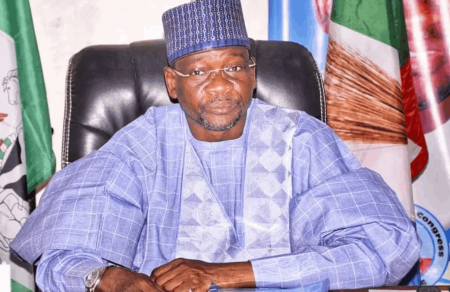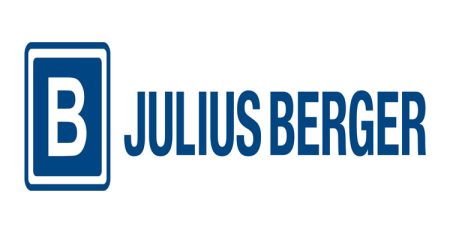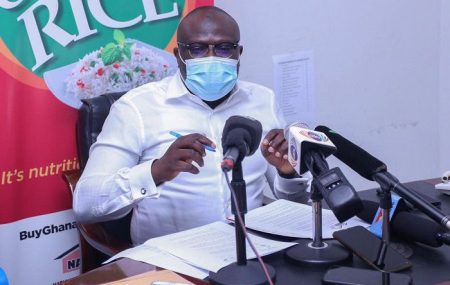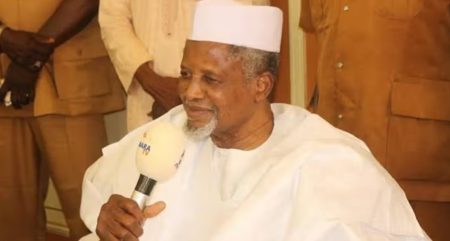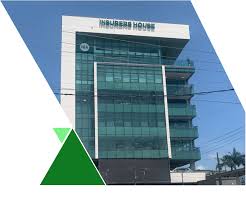The Nigerian political landscape is experiencing a period of significant realignment, marked by a wave of defections from opposition parties to the ruling All Progressives Congress (APC). The APC, emboldened by these shifts, projects confidence in attracting even more governors to its ranks, further solidifying its power base. This surge in support for the APC comes amidst endorsements for President Bola Tinubu’s re-election bid in 2027, creating a complex and dynamic political environment. The potential defections of governors from Bayelsa, Rivers, Plateau, Kano, and either Abia or Enugu states are anticipated within the next two months, according to APC sources. These prospective additions underscore a growing fissure within the opposition bloc, raising questions about its ability to effectively challenge Tinubu’s re-election campaign.
The recent defections of high-profile political figures, including Akwa Ibom State Governor Umo Eno and Delta State Governor Sheriff Oborevwori, along with their respective state’s political structures, have significantly bolstered the APC’s position. The defection of former PDP vice-presidential candidate Ifeanyi Okowa adds another layer of complexity to the political landscape. These realignments signal a shift in political allegiances, potentially weakening the opposition’s ability to present a united front. Furthermore, the public endorsement of Tinubu’s second-term ambition by Anambra State Governor Charles Soludo, while remaining within his own party, APGA, further complicates the opposition’s strategic calculations. Speculation also surrounds the potential quiet support from key figures within the New Nigeria People’s Party (NNPP), including former Kano State Governor Rabiu Kwankwaso, Governor Abba Yusuf, and Plateau State Governor Caleb Mutfwang, adding to the intrigue surrounding the 2027 presidential race.
These political maneuvers have understandably unsettled key opposition figures, including former Vice President Atiku Abubakar and Labour Party’s Peter Obi. Reportedly, these leaders were engaged in discussions to forge a formidable alliance aimed at challenging Tinubu’s incumbency. However, the APC dismisses these efforts as mere media theatrics, asserting that the focus should be on the party’s delivery of good governance, which they claim resonates with the Nigerian electorate. The APC maintains that it is attracting genuine support based on its performance, while the opposition is merely attempting to maintain relevance through publicized alliances. The party’s confidence is further bolstered by ongoing discussions with several governors across different geopolitical zones, including the traditionally opposition-leaning South-East.
The APC is actively engaged in discussions with various governors, including Douye Diri of Bayelsa State and leaders within Rivers State. While the party acknowledges potential engagement with Osun State Governor Ademola Adeleke, they remain non-committal about his current stance. The APC also expresses interest in potentially attracting either Governor Alex Otti of Abia State or the governor of Enugu State. Furthermore, Anambra State is considered a key strategic target for the APC in the 2027 elections. Despite Governor Soludo’s endorsement of Tinubu, the APC denies any formal agreement to support Soludo’s own political future, emphasizing their focus on their own candidate, Nicholas Ukachukwu, for the governorship of Anambra.
The APC’s stance on Governor Soludo is marked by a critical assessment of his political standing. The party contends that Soludo’s popularity has waned due to public disagreements with traditional rulers, religious leaders, and market unions. They portray Soludo as seeking endorsements from the very individuals he previously antagonized, suggesting a desperate attempt to regain political relevance. The APC contrasts this with Ukachukwu’s long-standing political experience and electoral success, highlighting him as a more credible alternative and expressing confidence in securing Anambra for the APC in 2027. This underscores the APC’s strategic approach of targeting key states while simultaneously undermining the credibility of incumbent governors perceived as vulnerable.
While the APC explores potential alliances and expansions, internal dynamics and competing interests within the party also play a significant role. In Osun State, despite potential overtures from Governor Adeleke, internal resistance within the APC presents a challenge. Key figures within the Osun APC, reportedly including former Governor Gboyega Oyetola and APC National Secretary Ajibola Basiru, who both harbor gubernatorial aspirations, are said to oppose Adeleke’s potential entry into the party. This internal opposition complicates any potential alliance and highlights the intricate interplay of personal ambitions and strategic considerations within the political landscape. Basiru, however, downplays the speculation, emphasizing the lack of a formal application from Governor Adeleke to join the APC. This cautious approach reflects the delicate balance the APC must maintain as it navigates both external alliances and internal party dynamics.


